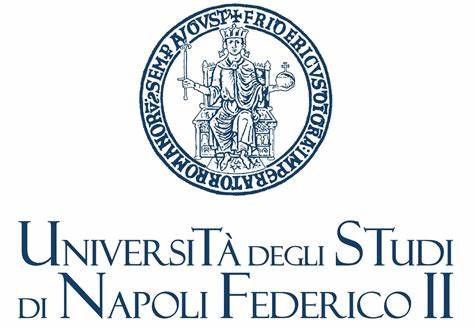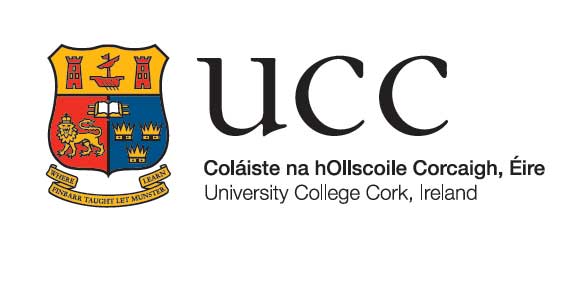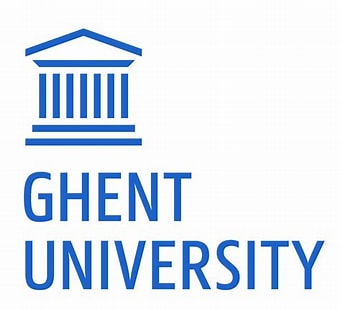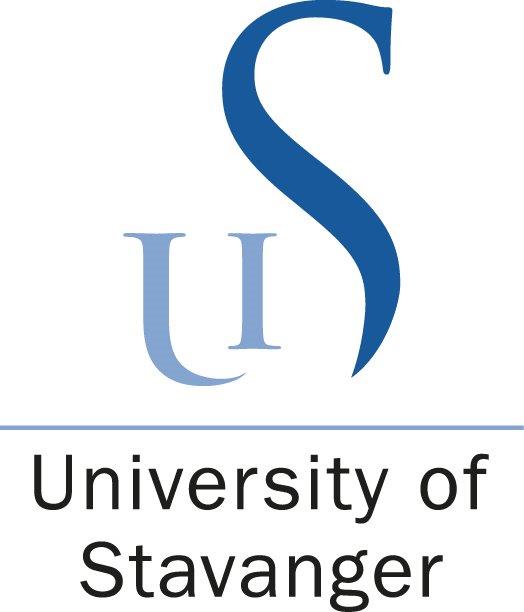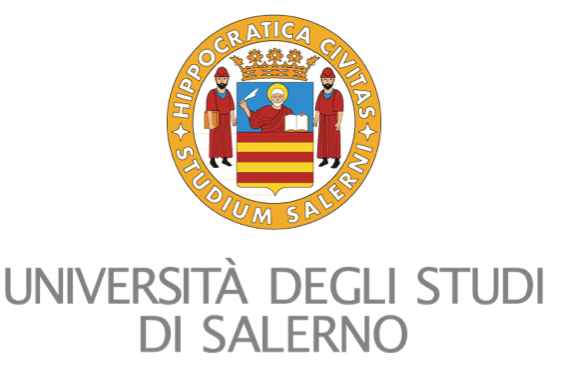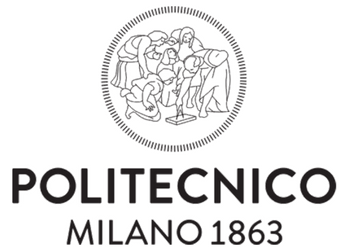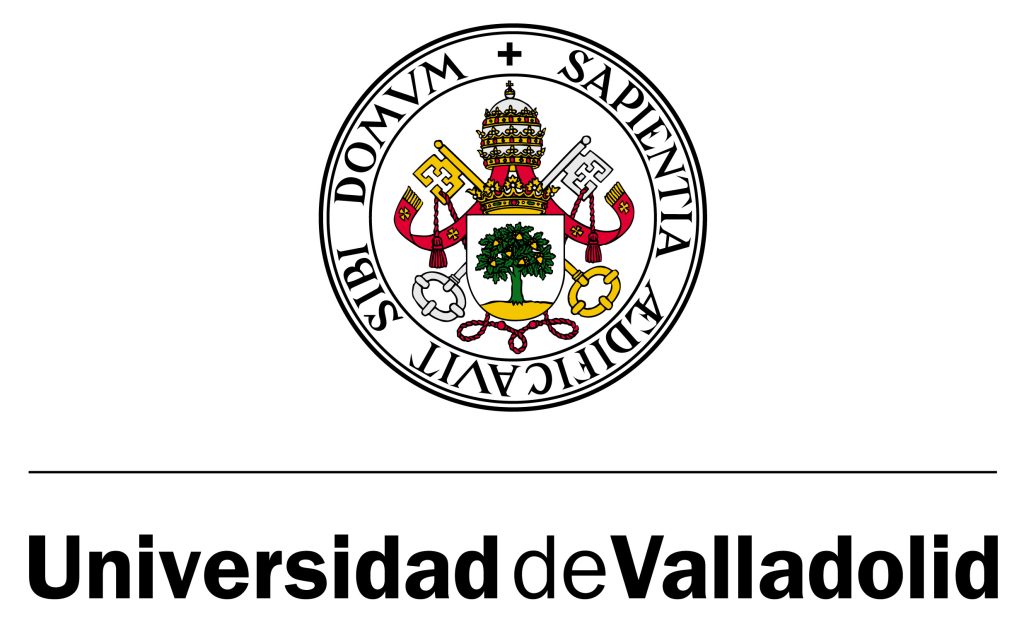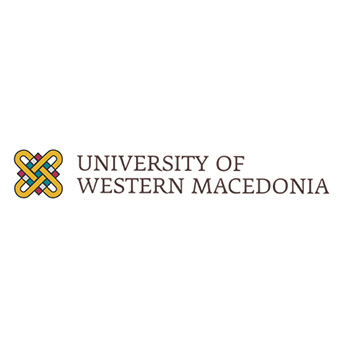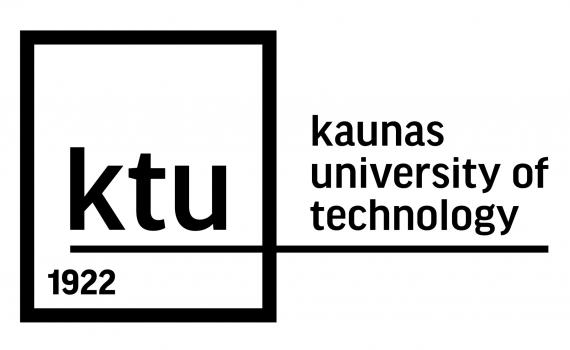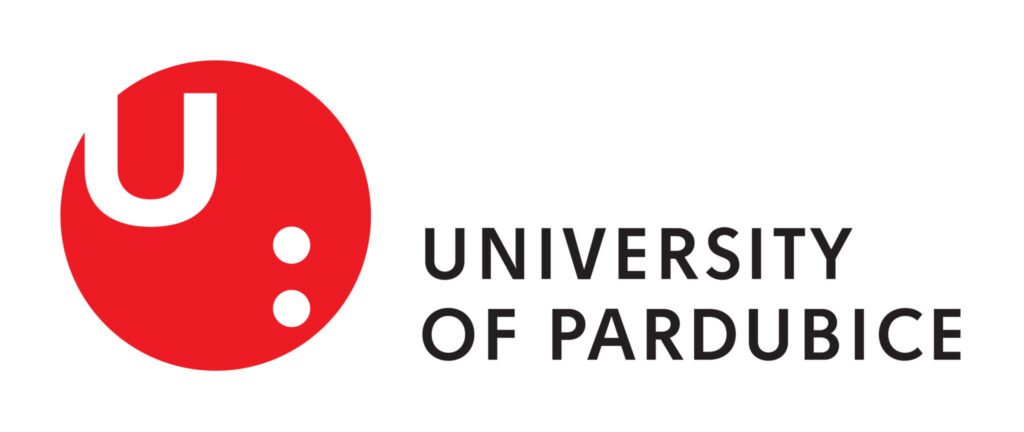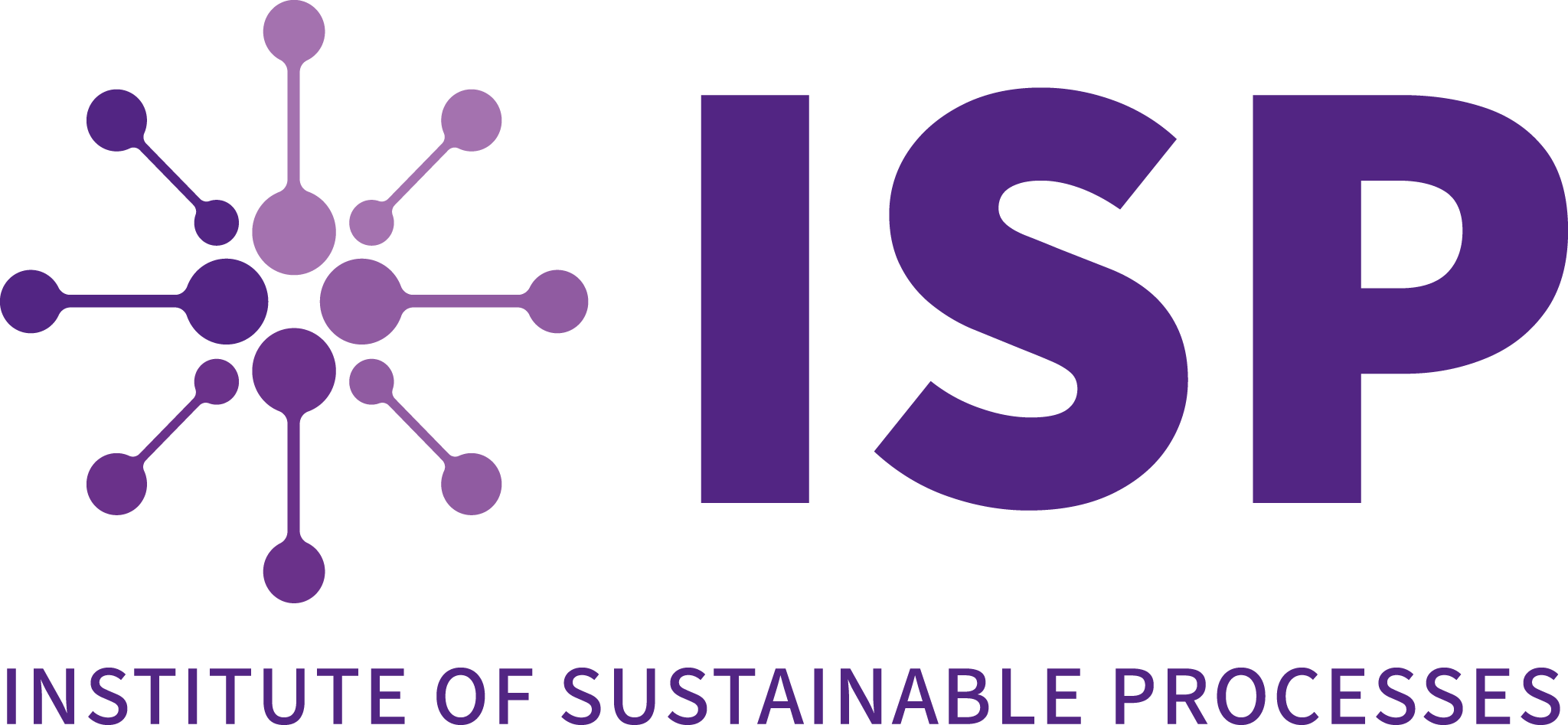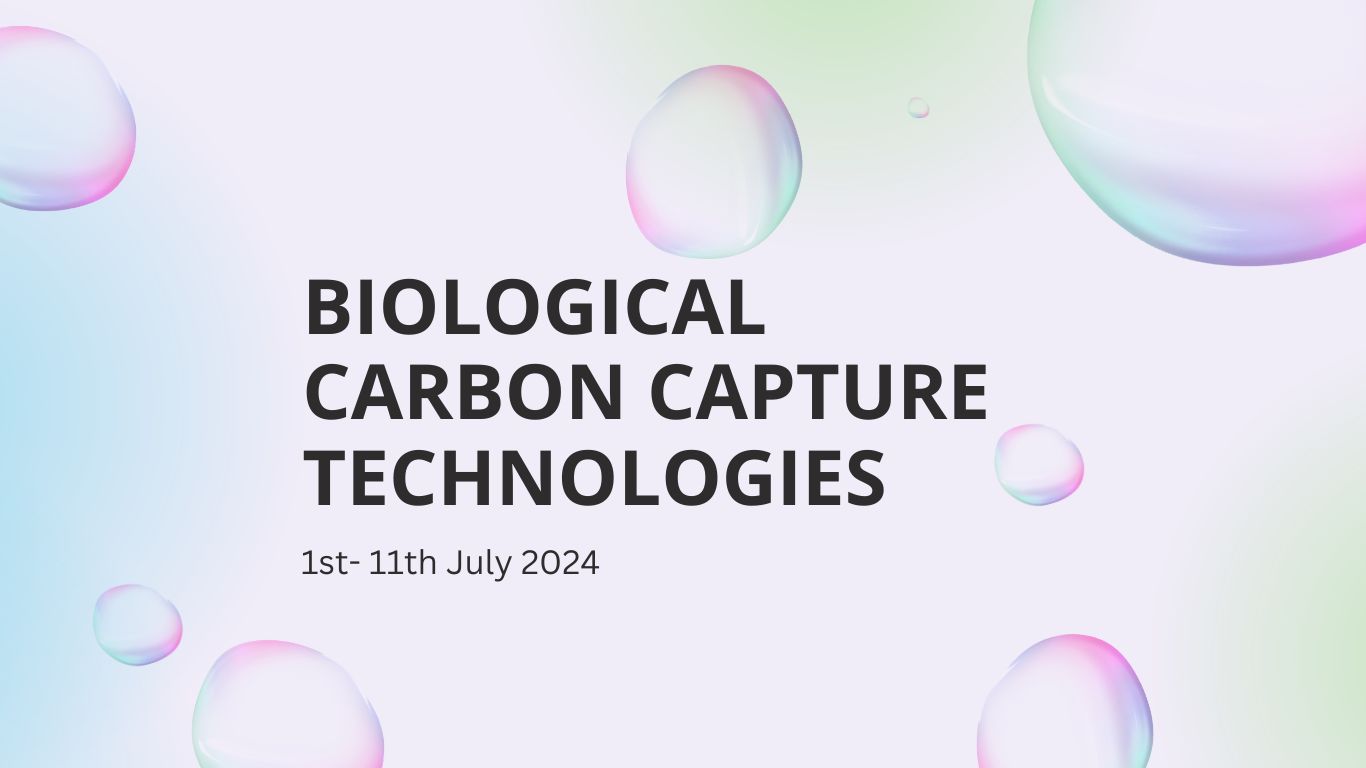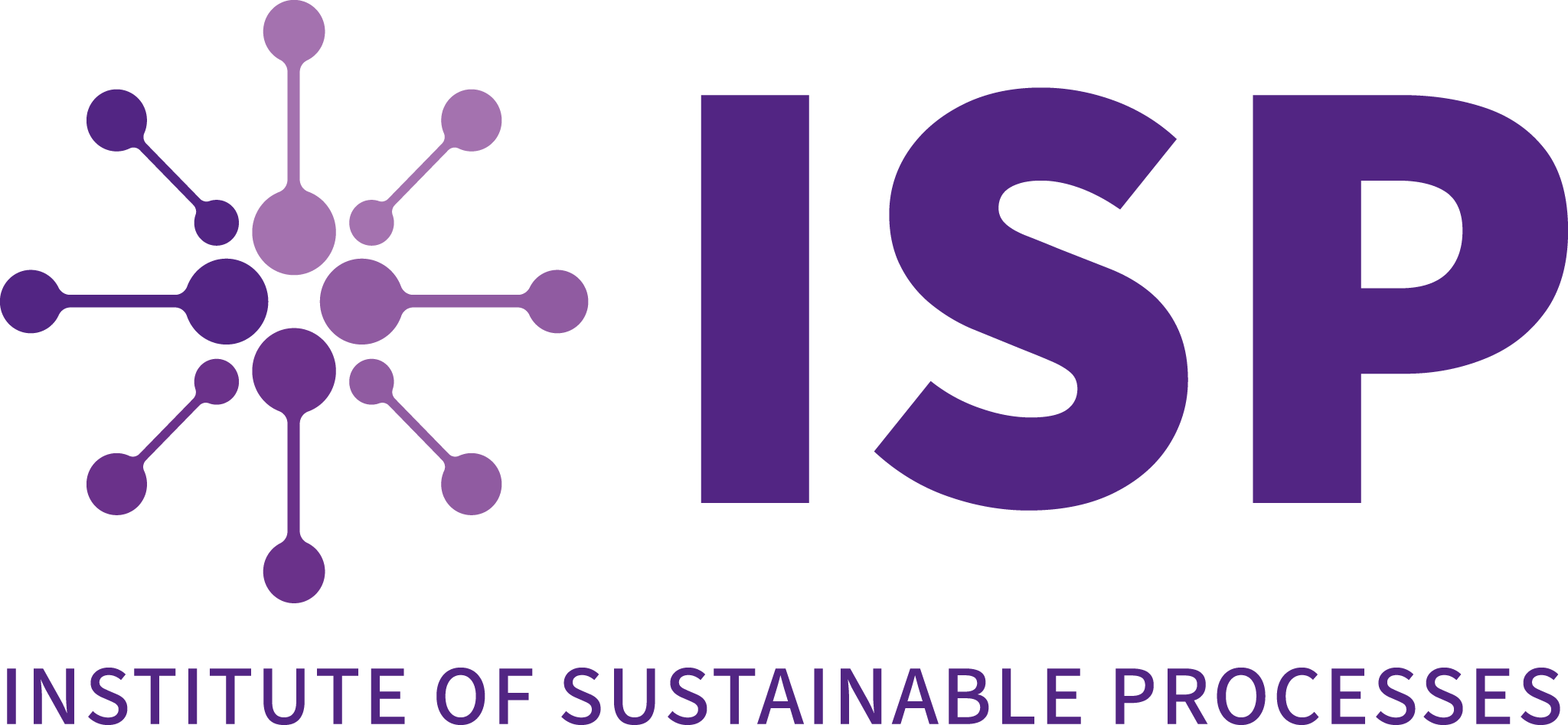The increase in human population and industrial activity is compromising the availability of non-renewable carbon resources. Moreover, human activity is generating massive greenhouse gas (GHG) emissions to the atmosphere along with large amount of solid waste and wastewaters that are difficult to manage. Waste accumulation and GHG emissions are having a pernicious impact on the environment and promoting climate change. In this context, multiple efforts are being carried out by different research centres and companies to develop new green technologies for carbon capture and its conversion into bioproducts, contributing to a circular economy in addition and bringing additional beneficial effect to the environment. The aim of this Blending Intensive Programme (BIP) Course entitled “Biological Carbon Capture Technologies” is providing an interdisciplinary overview (microbiology, process engineering, modelling) about biotechnologies for carbon capture and its possible applications. These concepts will be comprehensively presented and discussed in this BIP course in order to set the new horizon for a carbon neutral circular carbon economy.
The course will be divided into six modules:
Module 1. Organic carbon capture and bioconversion via anaerobic non-phototrophic processesModule 1. Organic carbon capture and bioconversion via anaerobic non-phototrophic processes
Module 2. Anaerobic microbial cultivation and catalysis for conversion of C1 substrates
Module 3. Photosynthetic bioprocesses for carbon capture and recycling
Module 4. Microbial protein production coupled to carbon capture
Module 5. Microbial electrochemical technologies for resource recovery from gaseous and liquid waste streams
Module 6. Techno-economic analysis of bioprocesses
Participating Institutions
This Blended Intensive Program is composed of 12 international institutions the Institute of Sustainable Processes from the University of Valladolid, Laboratoire de Biotechnologie de l’Environnement from INRAE, Wageningen University and Research, Ghent University, Politecnico di Milano, University of Salerno, Cyprus University of Technology, University of Stavanger, University of Antwerp, Rey Juan Carlos University, University College Cork and Università degli Studi di Napoli «Federico II”.

